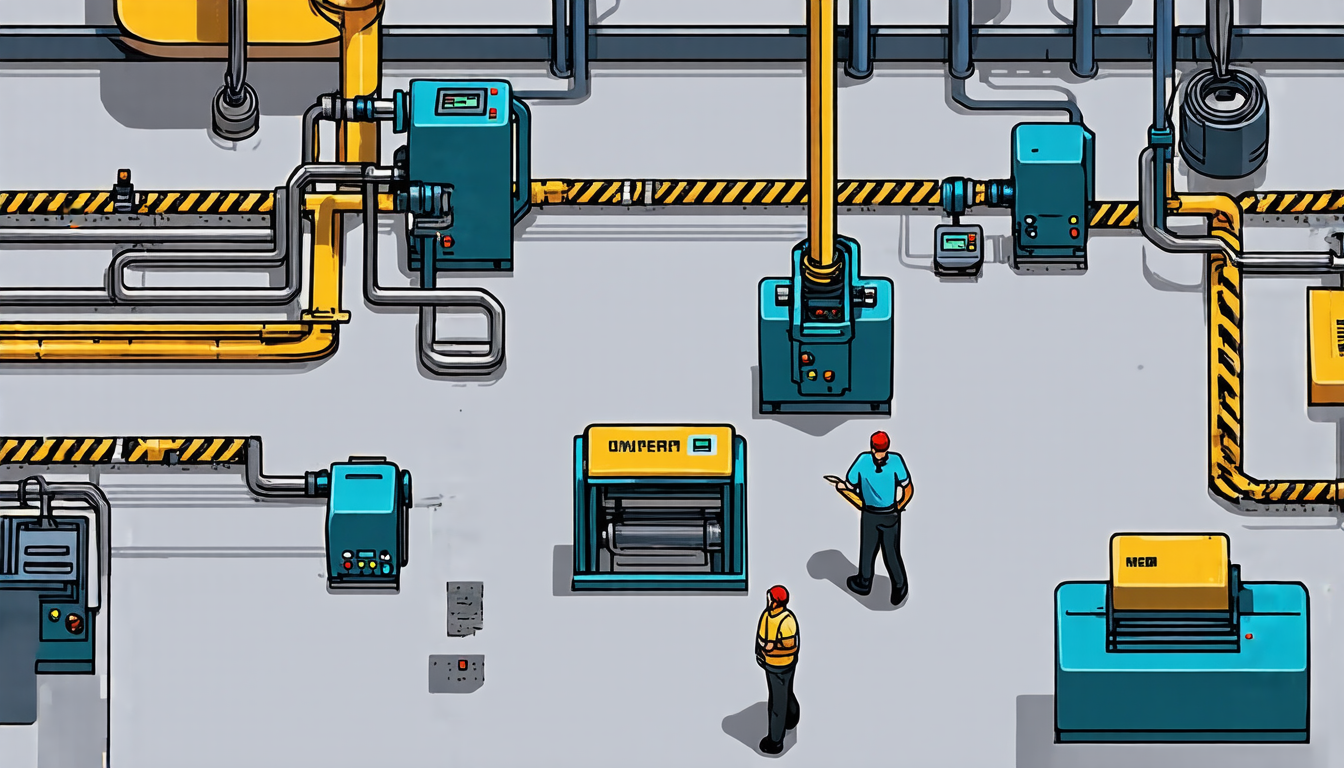Saturday 27 September 2025
In the era of artificial intelligence, industrial automation, and data-driven decision-making, the importance of robust statistical analysis cannot be overstated. The integration of AI into manufacturing systems has created new challenges in analyzing data contaminated by outliers, which can severely compromise traditional statistical methods. A recent study proposes a novel approach to address this issue, introducing Density Power Divergence (DPD) with Lasso regularization for robust regression.
The Manufacturing Industrial Internet (MII) is a rapidly growing field that combines AI, IoT, and big data analytics to optimize industrial processes. While MII offers numerous benefits, it also introduces new sources of uncertainty and errors. Data contamination by outliers can occur due to sensor failures, distribution shifts, or cyber-physical attacks, rendering traditional statistical methods ineffective.
The proposed DPD-Lasso method is designed to overcome these limitations by combining the robustness of Density Power Divergence with the variable selection capabilities of Lasso regularization. In essence, DPD measures the distance between two probability distributions, providing a robust estimate of the regression coefficients in the presence of outliers. The Lasso component helps identify important variables while shrinking non-significant ones to zero.
The researchers tested the DPD-Lasso method on a real-world MII testbed for Aerosol Jet Printing (AJP), a process that requires precise control over various parameters. By analyzing data contaminated with diverse types of hazards, they demonstrated the effectiveness of their approach in identifying the true impact of experimental factors and predicting system behavior under duress.
The results show that DPD-Lasso outperforms traditional methods like ordinary least squares (OLS) in terms of efficiency and robustness. While OLS is sensitive to outliers and may produce biased estimates, DPD-Lasso provides more accurate predictions even when the data contains a significant proportion of contaminated observations.
The study’s findings have far-reaching implications for the development of resilient AI systems. By providing a reliable framework for analyzing contaminated data, DPD-Lasso enables researchers and practitioners to better diagnose system failures, optimize processes, and improve overall performance. As the MII continues to evolve, this method will play a crucial role in ensuring the reliability and robustness of industrial automation.
In practical terms, the DPD-Lasso method can be applied to various applications, such as quality control in manufacturing, predictive maintenance, and process optimization. The approach is particularly useful when dealing with high-dimensional data or complex systems where traditional methods may fail to provide accurate estimates.
Cite this article: “Robust Regression for Industrial Automation: A Novel Approach to Analyzing Contaminated Data”, The Science Archive, 2025.
Manufacturing Industrial Internet, Artificial Intelligence, Density Power Divergence, Lasso Regularization, Robust Regression, Statistical Analysis, Outlier Detection, Industrial Automation, Data-Driven Decision-Making, Aerosol Jet Printing.
Reference: Yu Wang, Ran Jin, Lulu Kang, “Robust Analysis for Resilient AI System” (2025).







